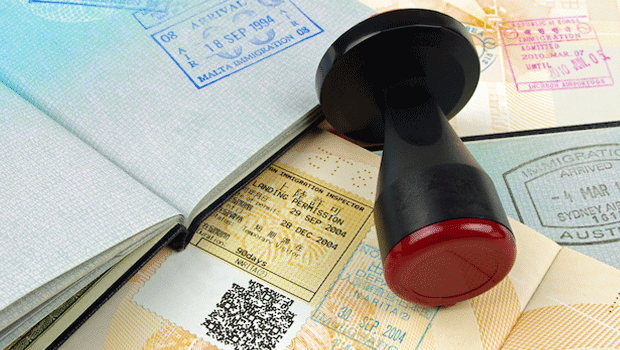
Muscat: Tawfiq Al Lawati, a Majlis Al Shura member, said: “Government doesn’t have any other option as the economic conditions are bad. However, personally, I feel that this move will have a negative impact as the prices of services and goods will go up eventually when the cost of visa is going up,” the Shura member who is also a member of the economic panel, said.
Read here: Expat visa fee set to raise OMR148m for Oman government
Ahmed Al Hooti, an OCCI member, said the government has only limited options to cushion the budget deficit due to the oil price dip, but they are all concerned by the move.
“This will push us to increase the rates for our services, prices for our goods and eventually shoot up inflation. People will feel the pinch,” he said adding that this move should be reconsidered when the economic condition in Oman improves.
Officials at Oman’s Chamber of Commerce and Industry (OCCI) said that they are concerned the move will put more pressure on business.
"Implementing many forms of taxes on the local private companies will put so much pressure on the sector," Redha Juma Mohammed Ali Al Saleh, vice-chairman at the OCCI, said, pointing to the new visa fee hike.
"The consumer will ultimately pay the price," he added, explaining that such rules need to be implemented gradually to avoid putting pressure on the private sector in Oman.
Shaswar Al Balushi, the chief executive officer of Oman Society for Contractors association, said that the visa fee increase will hit them hard.
“Already the construction sector is struggling a lot due to economic conditions. Bills are getting stuck, projects are less too. At this time, to pay extra for workers’ visas will be a struggle,” Shaswar said.
“Majority of the companies would not have budgeted for this unforeseen cost. Now, they will struggle. Already, companies are taking money on interest to run the show. This extra cost will be a burden for them,” Shaswar added.
The government's original 2016 budget plan envisaged state expenditure of OR11.9 billion and revenues at OR8.6 billion.
Officials said their 2016 economic plans assumed an average oil price of $45 a barrel.
Oman is imposing a series of austerity measures after it posted a budget deficit of about OR4.5 billion last year. Petrol and diesel price subsidies have been cut and similar cuts are planned for electricity and liquid petroleum gas.
In August, the World Bank said Oman's subsidy bill is expected to fall by 64 percent this year as the government seeks to reform its finances amid lower oil prices.